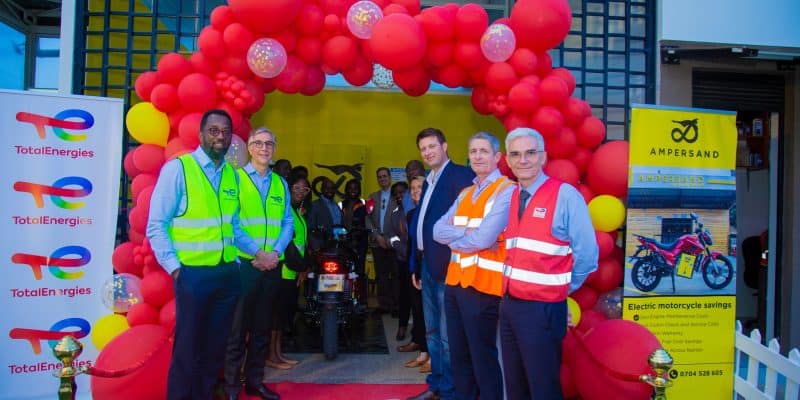African electric vehicle (EV) technology company Ampersand has announced the opening of a new, larger manufacturing facility in Nairobi, tripling the company’s production capacity in Kenya.
This strategic expansion meets the rapidly growing demand for electric motorcycles in the country, where more than 1,100 Ampersand electric motorcycles are already in use.
Ampersand CEO Josh Whale said the expansion is designed to increase scale and reach. “With this expanded capacity, we will be better positioned to support the electrification of the motorcycle industry in Africa and expand Ampersand’s proven business model.”
Ampersand is not the only electric vehicle operator in Kenya and East Africa, although it has expanded its operations in Kenya.
- Advertisement -
The new facility covers an area of 21,000 square metres, more than three times the original 6,500 square metre location. The major development, with the deployment of over 100 employees, will enable Ampersand to assemble up to 60 electric bikes per day, or 1,440 per month, continuing to deliver the best results to Kenya’s network of millions of motorcycle battery swaps.
Ampersand’s electric vehicle solutions can reduce carbon emissions and save passengers money. Each Ampersand electric motorcycle saves at least 2 metric tons of CO2e per bike per year and increases the user’s income by an average of 45% per year, which is important for Kenyan car passengers as they support an average of 3.8 people in their household.
BasiGo launched its electric bus production line in Kenya in April 2024, the country’s first professional assembly line for modern buses. BasiGo also plans to produce 1,000 electric buses in Kenya for local operators over the next three years.
Additionally, M-KOPA and Bolt have partnered to create a fleet of electric motorcycles in Kenya, intending to introduce over 5,000 new bicycles (e-bikes) in the country over the next three years. It will allow new and used riders to rent the ROAM and Ampersand electric motorcycles at discounted prices.
In September 2024, Zeno raised $9.5 million in seed funding from Lower Carbon Capital and Toyota Ventures to accelerate plans to launch renewable batteries in East Africa and expand its first model, the electric motorcycle, in early 2025.
- Advertisement -
Investors as well as the government have shown interest in business. The Kenyan government is strengthening environmental regulations to accommodate electric vehicles and announced a national electric vehicle law in April 2024, which is expected to encourage local production and assembly of electric vehicles (EVs).










